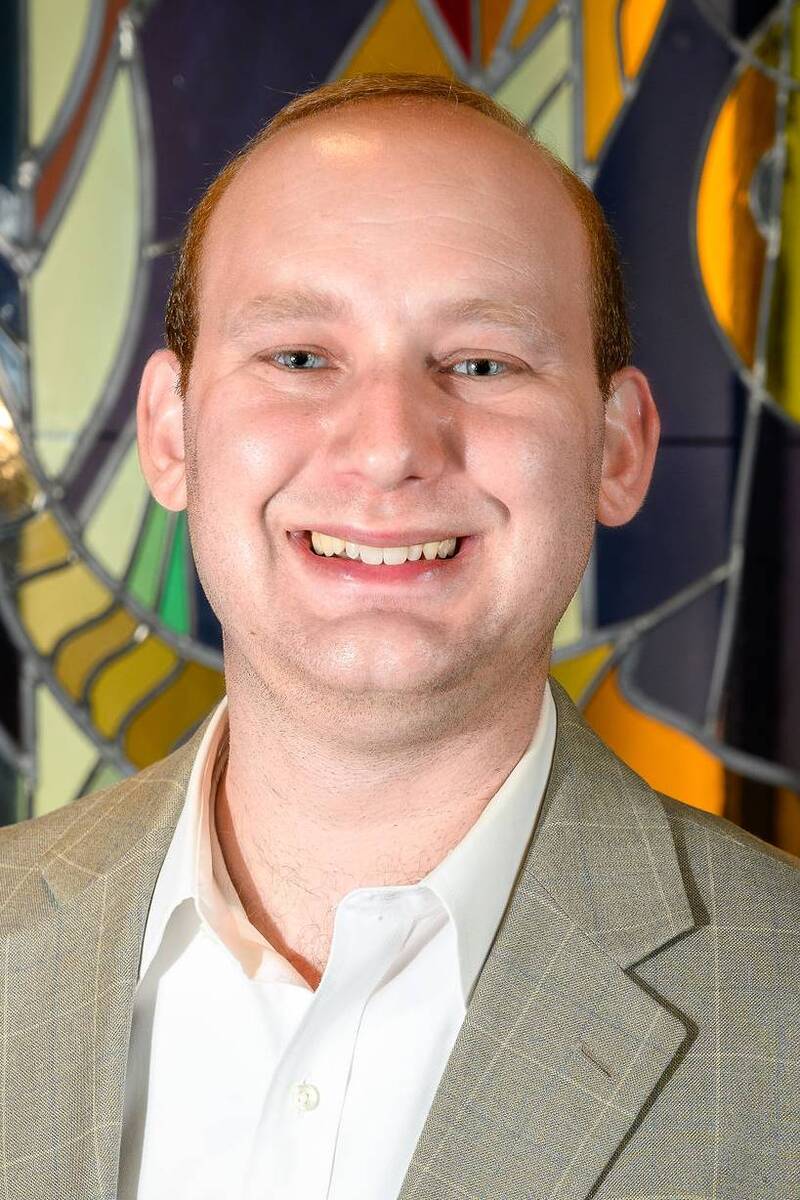Music Evokes Memories and Emotions
09/05/2023 10:28:44 AM
Rabbi Dan Dorsch
| Author | |
| Date Added |
08/14/2023 11:28:29 AM
Rabbi Dan Dorsch
| Author | |
| Date Added |
05/12/2023 11:09:29 AM
Rabbi Dan Dorsch
| Author | |
| Date Added |
As printed in the Marietta Daily Journal, May 12, 2023
I have to admit that I am a little embarrassed to be writing this letter. I’ve been the rabbi of the largest synagogue in Cobb County for nearly seven years. During that time, I’ve experienced no outward antisemitism (Jew hatred) against me personally. On the contrary, I’ve found that people of all faiths (and even those without) have treated me with affection and respect. I have participated in any number of inspiring interfaith gatherings from East Cobb to Kennesaw. This is a wonderful community to live, learn, and raise my family.
All of that changed when I read a letter to the editor submitted by one of your parishioners in the MDJ a few days ago. You may have seen it yourself. In this letter regarding his observance of Good Friday, the writer refers to my ancestors, Jews living in post-biblical times, as “the swamp.” He then chose to repeat the lie that has been the cause of so much violence against Jews throughout our history: that the Jews are responsible for Jesus’ death.
I hope you join me in being appalled at seeing these false claims about Jews in print. And if you are the pastor of this individual, I hope you will reach out to him and ask him to submit a retraction. It hardly needs repeating that the Second Vatican Council in Nostra Aetate (1962-1965) repudiated the claim that the Jews, then and now, hold any responsibility for Jesus’ death. Similar major American churches, such as the Evangelical Lutheran Church in America, have also followed suit.
However, there is another good reason beyond this claim’s historical inaccuracy for you to repudiate it publicly from your pulpit. It is not only false, but it is dangerous and makes Jewish communities feel unsafe. European Pogroms, or violent massacres against peaceful Jewish communities as late as the 1800s, were often based on this claim. It won’t surprise you to find out that during the 1930s in Germany, there were plenty of pastors preaching this lie from their pulpits, unaware of what influence their sermons would have in the years ahead.
I suspect you do not follow statistics about current antisemitic hate crimes against Jews, but it won’t surprise you to know that they are skyrocketing in our state. The Atlanta Journal-Constitution reported that antisemitic incidents in Georgia were up 63% over the previous year. Metro Atlanta neighborhoods where Jews live are routinely blanketed with offensive flyers intended to intimidate, and we are often the victims of harassment. American Jewish Committee, the global advocacy organization for the Jewish people, reports that 9 out of 10 American Jews are concerned about antisemitism, and 4 out of 10 American Jews feel that their status as Jews is less secure than a year ago.
Jews have been part of the fabric of Georgia since we first arrived here in 1733. Since then, we have been part of the fabric of this incredible state by serving in public office, law enforcement, and the military. The oldest synagogue in Georgia was the recipient of a beautiful letter written by America’s new president, George Washington in 1791. I shared this letter as a prayer when I recited the opening benediction at a session of the Cobb County Commission several years ago.
My ask of you, therefore, is simple: if you preach these untruths about Jewish deicide, or denigrate my ancestors from your pulpit, please stop doing so. If you hear an antisemitic comment from a parishioner, please call it out as unacceptable and as a threat to the lives of your fellow American citizens.
I’m sorry we’ve never met. Therefore, I extend a hand to you and your community in friendship. Bring your community to our synagogue so that we may get to know one another. I know that we do not believe in all of the same things. But we share so many common values and principles, foremost among them, a deep love of this country and a desire to make it better for our children. Let us try to focus on the great things we can do together rather than what makes us different.
Rabbi Dan Dorsch of Congregation Etz Chaim and Co-Chair of Interreligious Relations, American Jewish Committee Atlanta.
Constructive Conversations
05/04/2023 05:08:43 PM
Rabbi Dan Dorsch
| Author | |
| Date Added |
The Lottery Ticket
04/17/2023 12:55:27 PM
Rabbi Dan Dorsch
| Author | |
| Date Added |
Tue, April 23 2024
15 Nisan 5784

Rabbi Daniel Dorsch






